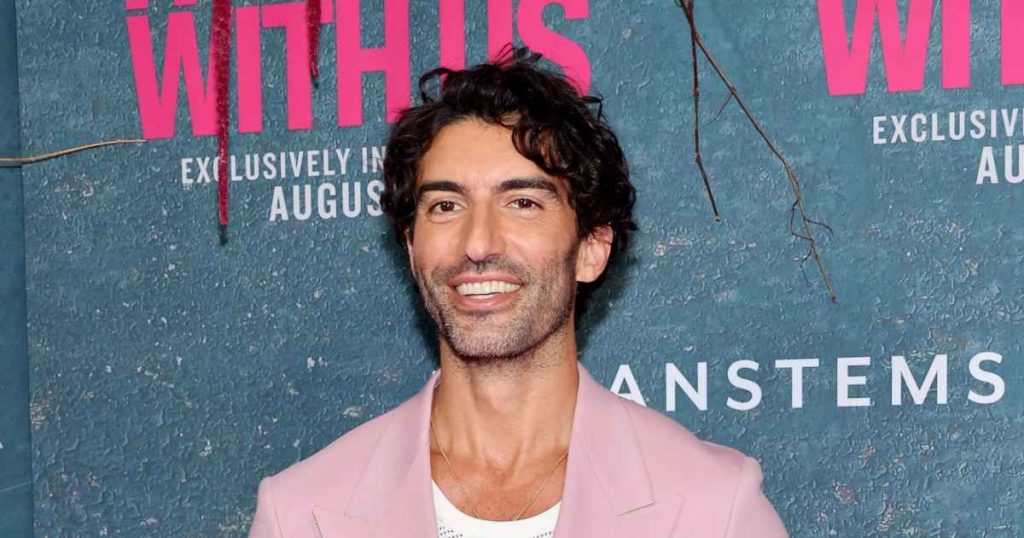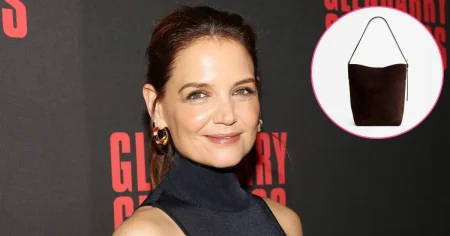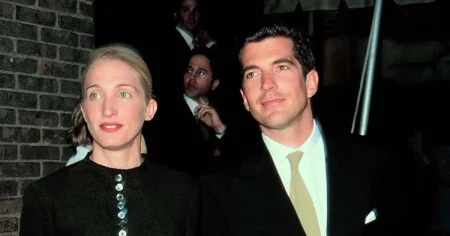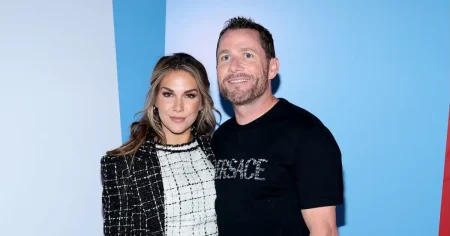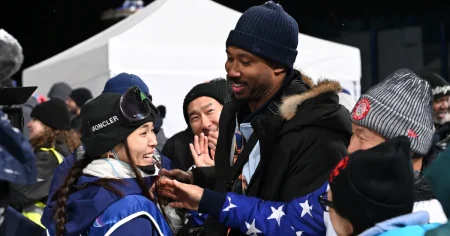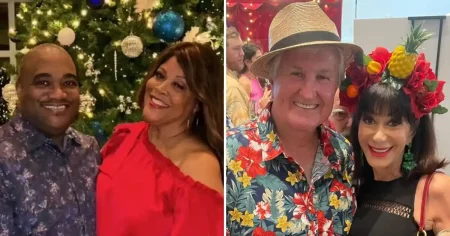The entertainment industry is currently embroiled in a complex legal battle involving actor and director Justin Baldoni, actress Blake Lively, and talent agency WME. The crux of the dispute revolves around accusations of sexual harassment and a hostile work environment on the set of the film “It Ends With Us,” coupled with claims of career sabotage and reputational damage. The narrative is multifaceted, with conflicting accounts from both sides, leading to a tangled web of lawsuits and public statements.
The sequence of events began with Lively filing a complaint with the California Civil Rights Department, alleging sexual harassment and a hostile work environment against Baldoni. Shortly thereafter, Baldoni’s agency, WME, dropped him as a client. Baldoni subsequently filed a lawsuit against The New York Times for their coverage of Lively’s complaint, alleging that the article, combined with alleged pressure from actor Ryan Reynolds (Lively’s husband), contributed to the destruction of his career. WME, however, has denied any involvement by Reynolds or Lively in their decision to drop Baldoni.
Baldoni’s lawsuit against The New York Times alleges libel and false light invasion of privacy, claiming the newspaper’s reporting was inaccurate and damaging. He further accused Lively of systematically sidelining him from the marketing of “It Ends With Us” and attempting to ban him from the film’s premiere. He describes being segregated from the main cast and forced to organize a separate event at the premiere, alleging that Lively robbed him and his team of the opportunity to celebrate their work. These allegations paint a picture of a strained and hostile relationship between Baldoni and Lively during the film’s production and subsequent promotional activities.
In response to Baldoni’s lawsuit, Lively filed her own lawsuit against him, publicists Melissa Nathan and Jennifer Abel, and Wayfarer Studios in the Southern District of New York. Her lawsuit alleges sexual harassment, retaliation, breach of contract, infliction of emotional distress, invasion of privacy, and lost wages. These claims mirror those made in her initial complaint to the California Civil Rights Department. Lively’s attorney emphasized that the federal lawsuit reinforces the claims made in the administrative complaint and that the suggestion that Lively’s initial complaint was a strategic maneuver is false.
The conflicting narratives presented by both parties create a complex legal landscape. Baldoni claims he was unjustly targeted and his career sabotaged, while Lively asserts she was subjected to sexual harassment and a hostile work environment. The involvement of WME and the denial of any influence by Reynolds and Lively further complicate the situation. The lawsuits filed by both parties will likely involve a thorough examination of the events surrounding the production and promotion of “It Ends With Us,” including witness testimonies, communication records, and other relevant evidence.
This ongoing legal battle highlights the complexities of accusations of workplace misconduct within the entertainment industry. The high-profile nature of the individuals involved and the conflicting narratives add further layers of intricacy to the case. As the lawsuits progress, the courts will be tasked with determining the veracity of the claims made by both Baldoni and Lively, ultimately deciding the legal ramifications and potential damages involved. The outcome of these legal proceedings could have significant implications for the careers of those involved and the broader conversation surrounding workplace harassment and power dynamics in Hollywood. The legal battle also underscores the importance of due process and the need for a thorough investigation before reaching conclusions in such sensitive matters. The court proceedings will provide a more detailed examination of the evidence and ultimately determine the validity of the allegations made by both parties.





